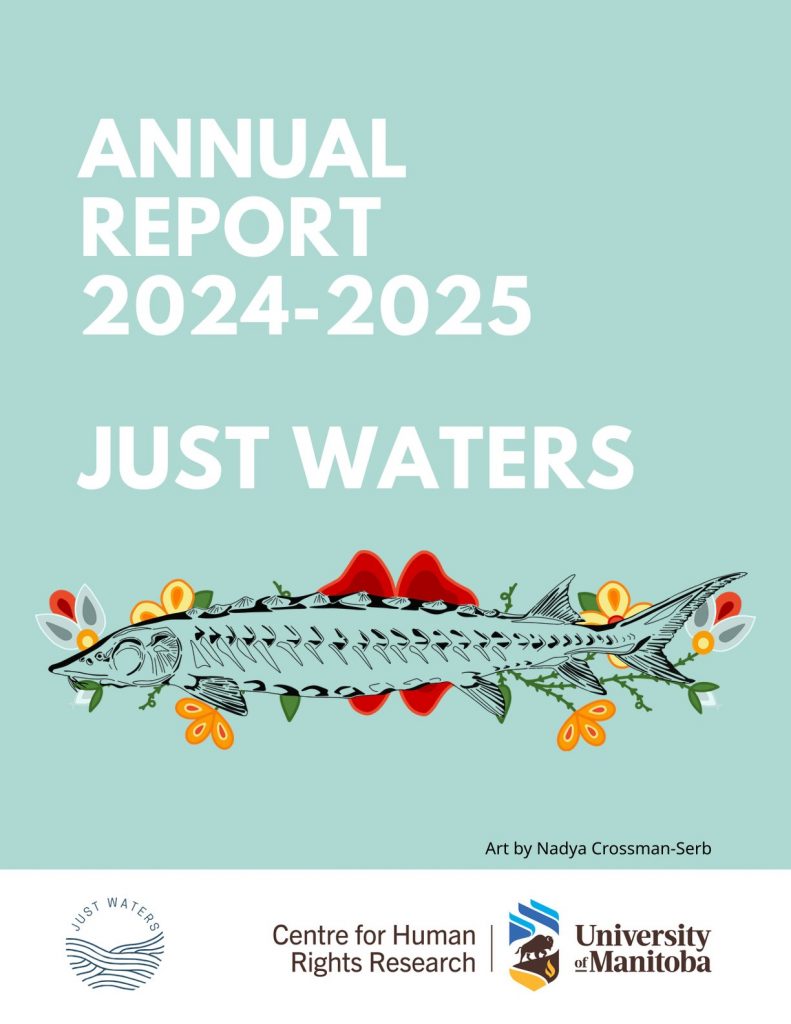Land & Water Acknowledgment
The Just Waters project team lives, works and researches on original lands of Anishinaabeg, Ininiwak, Anisininewuk, Dakota Oyate, Dene and Inuit, and on the National Homeland of the Red River Métis. We honour the lands, waters and relationships that sustain us.
Is there a body of water that you live in relationship with? What do you love about the waters? Please submit a short phrase or word that expresses what you love about the waters, or the name of a body of water. Your submission will be sent to us and then integrated into the word cloud below.
The Just Waters team is based in the Lake Winnipeg watershed and acknowledges the lake and the many waters that flow into it including the Red, Winnipeg, Saskatchewan, Poplar, Berens, Pigeon, Manigotagan, Dauphin, Fisher, and Icelandic rivers. This lake, called Weenipagamiksaguygun in Anishnaabemowin, has been harmed by nutrient-loading from agricultural run-off, livestock production, and sewage.
Wetlands, which would normally protect the lake, have been drained for agricultural and construction purposes. These harms have impacted the traditional lifeways and relationships of the peoples that have lived with Lake Winnipeg for many generations.
We acknowledge that Winnipeg’s drinking water comes from Shoal Lake, and that this led to Shoal Lake 40 lacking access to clean drinking water for more than two decades. Many First Nations communities do not have clean drinking water, both because of a lack of water treatment and distribution infrastructure and because the source waters have been polluted.
We also acknowledge that the production of Manitoba’s hydroelectric energy often results in the displacement of Indigenous peoples and their communities from their land, as well as flooding, shoreline erosion, changes to water quality, disruption to fishing and hunting, and the destruction of habitat.
We offer this water acknowledgement to promote a shared understanding of the history that has led us to this moment. This history is a history of colonial violence, Indigenous dispossession, and environmental harm, as well as of Indigenous resistance, knowledges, and resurgence. The Just Waters project aims to address this settler colonial violence and to think about water from a relational, rather than a resource, perspective. To this end, we express our gratitude to the waters that sustain us.
Share a word or phrase that expresses your gratitude for water
Just Waters: Thinking with Hydro-Social Relations for a More Just and Sustainable World
Nadya Crossman-Serb
About Us
Just Waters: Thinking with Hydro-Social Relations for a More Just and Sustainable World is funded by the University of Manitoba’s IGNITE program and supported by the Centre for Human Rights Research. It is housed in St. John’s College. Created to shed critical light on the connections between water, injustice and broader struggles for a more just and sustainable world amid the climate crisis, Just Waters engages a holistic and interdisciplinary approach to research and knowledge mobilization. Central to this is the understanding of water as a living entity, not simply a resource for human use.

Events
Check back soon for event updates. You can also follow us on social media:
or sign up for our mailing list here
For past events, see https://chrr.info/just-waters/past-events/
Events
For past events, see https://chrr.info/events/past-events/

